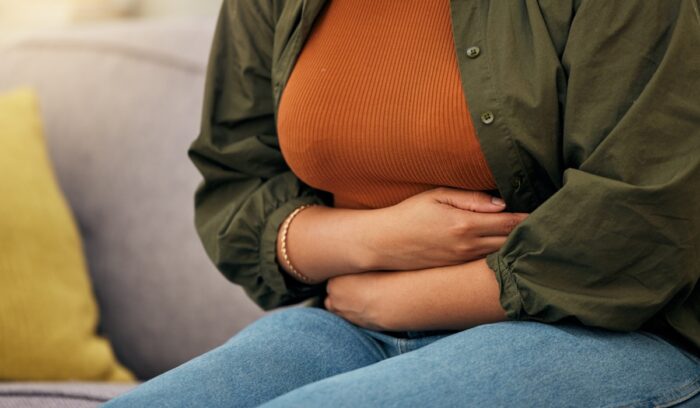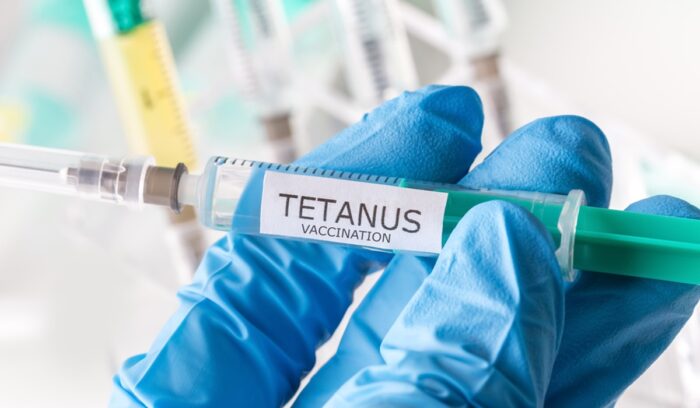For the first time, researchers detect significant dip in global atmospheric levels of HCFCs
Almost 30 years after nations first agreed to phase out these chemicals, which were widely used for air conditioning and refrigeration, scientists say global concentrations peaked in 2021. Since then, the ozone-depleting potential of HCFCs in the atmosphere has fallen by about three-quarters of a percentage point. Though small, that decline comes sooner than expected and represents a significant milestone for the international effort to preserve the ozone layer.










